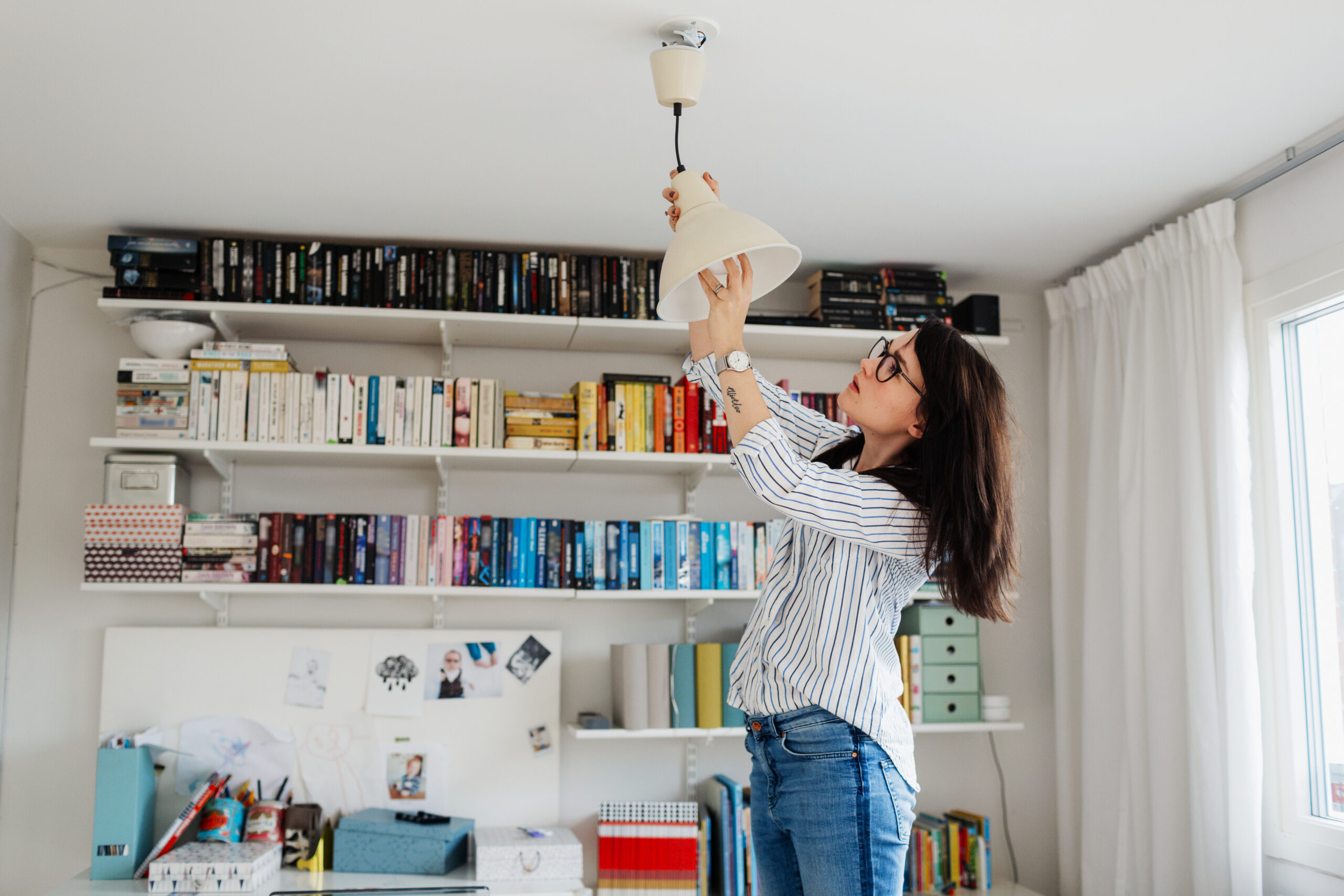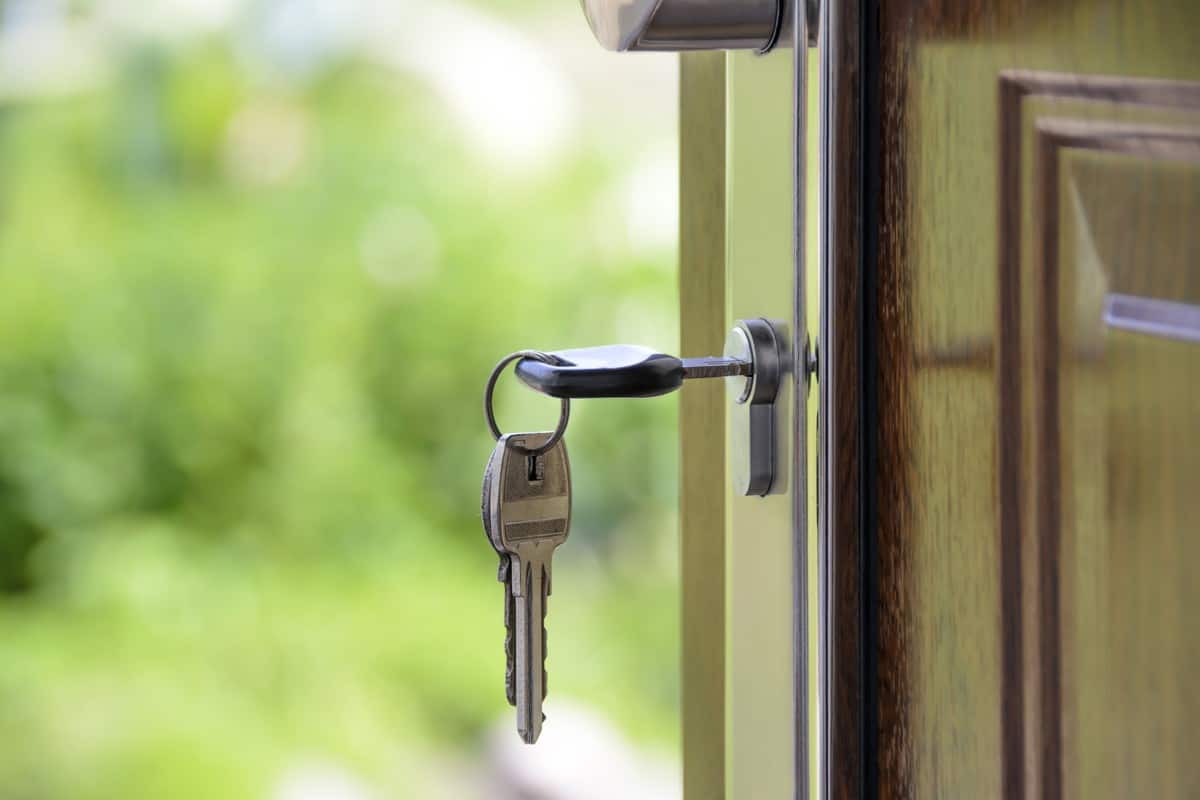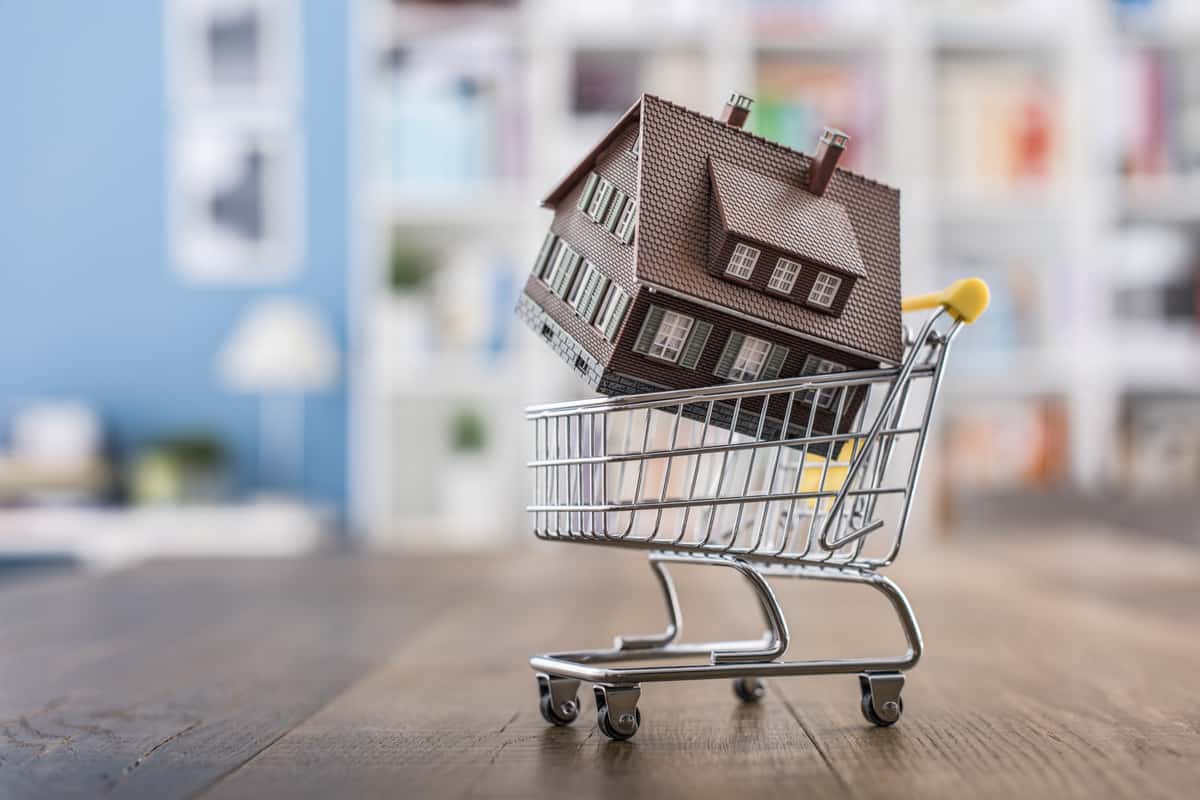One of the most obvious differences between owning and renting a home is that you pay the mortgage each month instead of the rent. But if you’ve been accustomed to renting, you may not know that there are a number of other costs involved beyond the mortgage.
Jules Borbely, a strategic real estate consultant for Real Estate Bees and COO of Oxford Property Group based in New York, says that the biggest misconception about homebuying is that you only have to think about paying property taxes and the mortgage each month.
“Buyers often realize the true cost of homeownership too late and get blindsided by the unexpected bills,” he says.
To make sure you don’t make that mistake, we’ve outlined 11 hidden costs of buying a home:
- Closing Costs
- Emergency Repairs
- Home Appraisal
- Home Inspection
- Homeowners Association Fees
- Homeowners Insurance
- Loan Origination Fee
- Maintenance
- Mortgage Interest
- Property Taxes
- Utilities
Closing Costs
On your closing date, you’ll make your down payment and cover additional costs to officially get the home in your name. These costs may include:
- Appraisal fees
- A closing or escrow fee paid to the escrow agent
- Homeowners insurance for the first year
- Loan origination fees
- Mortgage points, aka discount points, which are prepaid to your lender to lower the interest rate on your home loan
- Pest inspection fee to make sure there aren’t any uninvited guests living inside of your new home
- Property taxes for the first six months
- Private mortgage insurance if your down payment is less than 20% of the purchase price
- Title insurance to protect yourself against claims disputing the legal ownership of the property
- Miscellaneous fees — for example, some states require an attorney to review your closing documents
Some of these closing costs may seem manageable on their own, but together, they’ll add up. You will likely need to set aside several thousand dollars to cover them.
“Generally, you should expect to pay between 3% and 5% of the mortgage amount,” says Robert Ingram, a certified financial planner at Center for Financial Planning Inc. in Southfield, Michigan.
Emergency Repairs
When you’re renting a home and there’s a plumbing emergency, your landlord or property manager will typically arrange for the repairs and cover the costs. But when you’re a homeowner, emergency repairs are your responsibility.
Depending on the extent of the damage, repairs can be expensive — and time-sensitive. If your central heating system breaks down in the middle of winter or a pipe bursts, you’ll need to hire someone to fix it immediately, which means these costs can catch you by surprise.
For example, a new water heater can cost you $1,000 to $3,000 to purchase and install, according to The Home Depot, while the average cost to repair a roof is $887, per HomeAdvisor’s national survey data.
Some common emergency home repairs you may face include:
- Burst, broken, or clogged pipes
- Roof damage
- Broken furnace
- Broken air-conditioning system or unit
- Electrical issues
- Broken water heater
Home Appraisal
Before you close on your home, an appraisal will be conducted to assess the property’s true market value. A licensed third-party appraiser will review the home’s condition, structural integrity, health and safety hazards, and visible defects, as well as any needed upgrades or improvements. The appraisal is an important step for both you and the lender, as it protects the buyer from drastically overpaying and confirms to the lender that the loan amount is appropriate relative to what the home is worth.
However, even though your lender will likely order the appraisal, you’ll be on the line to pay for it as part of your closing costs. The average home appraisal cost typically ranges from $300 to $400 for a single-family residence, according to Angie’s List, though it can vary based on several factors, such as:
- Condition
- Location
- Size
- Type of home
- Amount of work required
Any combination of these factors can increase the price of the appraisal. A large, sprawling property in a secluded location will likely cost more to appraise. The same goes for a home that has unusual features, which make it difficult to compare against other homes.
Home Inspection
The home inspection shouldn’t be confused with the appraisal or final walkthrough. It evaluates the current condition of the home to make you aware of any potential problems, damage, or safety concerns and typically takes place once you’ve signed the purchase agreement.
The average home inspection costs $300 to $500, according to Realtor.com. Larger and older homes may require a more extensive inspection, which will likely impact the final cost.
It’s important to note that while the home inspection will lighten your wallet, the full report may provide valuable insight and help you save money down the line. If you identify major damage or defects — like a major heating or plumbing issue — that affect the property value, the home inspection could impact the terms of the sale or force the seller to make repairs before you close the deal.
Even if the home is free of major defects, it may still carry a number of minor or cosmetic defects that will become future home expenses.
Homeowners Association Fees
If your home is located in a community with a homeowners association, then you’ll need to pay a monthly or annual fee to cover the maintenance of your neighborhood as well as any common areas and shared amenities.
These can include swimming pools, clubhouses, lounges, landscaped outdoor spaces, parking garages, and security gates. HOA dues also often cover certain utilities, such as water, trash removal, and sewage, which means you don’t have to pay separately for each service every month.
“Depending on the amount of amenities and of course the location, the average association/condo fees range from $200 to $400 per month,” Ingram says.
Another factor that might impact your HOA fee is how much space you take up relative to the rest of the community. For example, a family in a four-bedroom condo will likely pay a higher HOA fee compared to someone who lives alone in a smaller unit.
While there are many perks to having a homeowners association, the fees will add up over time, and you don’t have full control to make certain changes to your home. Make sure to weigh the pros and cons of HOA fees before committing to paying them.
Homeowners Insurance
Homeowners insurance helps protect you from the financial consequences of potentially catastrophic events, like a storm, fire, or theft. It also provides liability protection if someone tries to sue you over an injury that occurred on your property.
Homeowners insurance policies offer varying levels of coverage, so the cost will depend on how much coverage you need. In 2017, the average home insurance cost for the most common type of coverage was $1,211 in annual premiums, according to a November 2019 report from the National Association of Insurance Commissioners. The more coverage you choose to include, the higher your premiums will be.
Because you can choose between different levels of coverage, some first-time buyers may think that homeowners insurance is optional — but that’s not the case. In fact, if you don’t buy homeowners insurance, your lender could purchase it on your behalf and bill you for it.
You might also think that it’s cost-effective to go with the most basic level of coverage, but if you live in an area that’s especially at risk of fire or flooding, more extensive coverage may be worthwhile to safeguard against financial catastrophe.
It’s important to weigh the cost of homeowners insurance against the risk factors that affect your property due to its location.
Loan Origination Fee
What is a loan origination fee? The name may sound intentionally vague. Put simply, this fee refers to the cost of the lender setting up your home loan.
In some cases, your lender may split it into two separate fees:
- The processing fee is what the lender charges to review your application and assemble the required documentation.
- The underwriting fee is what it costs to determine if you qualify for the loan. For your mortgage to receive final approval, an underwriter must review your income, assets, and debt to verify that you can afford the loan and evaluate how much of a risk you pose to the lender.
The loan origination fee is calculated based on a percentage of your loan amount, usually between 0.5% and 1%, according to Quicken Loans. For example, if you’re applying for a $400,000 mortgage with an origination fee of 1%, then you’ll fork over $4,000 to set up the loan.
Mortgages without an origination fee attached will allow you to pay less in closing costs, but keep in mind that you’ll end up paying more in interest over time. Also note that you may have the option to negotiate the loan origination fee, especially if you have good credit and the lender wants your business.
Maintenance
If you currently rent, then you’re probably used to your landlord or management company covering certain maintenance costs. For example, you might pay for your utility bills, but the property owner maintains the building exterior and takes care of upkeep, like plumbing or fresh coats of paint.
Owning your home means that you’re responsible for routine maintenance, which isn’t as simple as paying a fixed amount every month.
“Consider the tools and equipment you would need to buy or the services you would hire to do the work,” Ingram says.
This includes tasks like:
- Repainting the exterior and interior of your home
- Maintaining the gutters
- Repairing or replacing the roof
- Landscaping
- Mowing and irrigating the lawn and outdoor plants
- Repaving the driveway
- Cleaning or replacing carpeting
- Fixing or replacing appliances
- Repairing heating and cooling systems
In addition to the cost of tools and services, there’s an opportunity cost when it comes to home maintenance. After all, tasks like mowing the lawn or shopping for a new dryer can take up hours of your precious free time.
Mortgage Interest
When you take out a home loan, you’re agreeing to pay back the total amount borrowed — aka the principal — plus interest over time. Understanding the interest on your mortgage is important because it contributes significantly to how much you spend overall on your new home.
The key factors are your interest rate and the loan term, which also influence how much you pay each month:
- If you have a fixed-rate mortgage, that means your interest rate is set for the life of the loan. If you have an adjustable-rate mortgage, then your rate could fluctuate over time, depending on the market. It’s crucial to be aware of how often your interest rate will adjust and how high your monthly payments can become with an ARM. Make sure to get those details from your lender — otherwise, you might find yourself unable to afford your mortgage down the line.
- The loan term refers to how long it’ll take for you to pay off your mortgage in full. The term affects your monthly payment, your interest rate, and how much you’ll pay over the life of the loan. A shorter-term, 15-year mortgage will typically have higher monthly payments but a lower interest rate (and lower total cost), whereas a longer-term, 30-year mortgage will usually have lower monthly payments but a higher interest rate (and higher total cost).
Property Taxes
Local governments collect property taxes, so the amount you pay will vary depending on where you live. In addition to the property tax rate in your area, what you owe will be based on the value of your property.
“Annual property taxes average about 1% of the home value nationwide,” Ingram says.
To estimate your future property taxes, multiply the assessed value of the property by your area’s property tax rate, which can typically be found on your municipality’s website.
If your home loan is set up with an escrow account, property taxes will be collected as part of your monthly mortgage payment. Otherwise, you’ll have to pay your property taxes directly to your local tax office once it sends you the bill.
Utilities
As a renter, you may already be used to paying for certain utilities, such as electricity and gas. However, homeowners typically must cover all the costs involved with running their homes, which will likely be an increase from what you currently spend on utilities.
The size and location of your new home will also impact your utility bills. Moving from an 800-square-foot apartment to a 2,500-square-foot house could double or triple your energy costs, according to Ingram. Once you’ve factored in the fees for your local water and sewage services, your utilities could exceed $500 per month, he says.
The Bottom Line
The hidden costs of owning a home can put you over budget and under financial pressure. The homebuying process on its own already involves certain fees to close the sale and get the property officially in your name. Once you’re living in your new home, you’ll face maintenance and utility costs, along with homeowners insurance and property taxes. You may also encounter a regular HOA fee, depending on where you live.
The true cost of homeownership is the sum of your mortgage and all these additional costs. Some of them will become typical monthly expenses, while others — like accidental damage — may show up unannounced. By planning for these hidden costs when you’re buying a home, you can save yourself the unpleasant surprise of unexpected bills.



